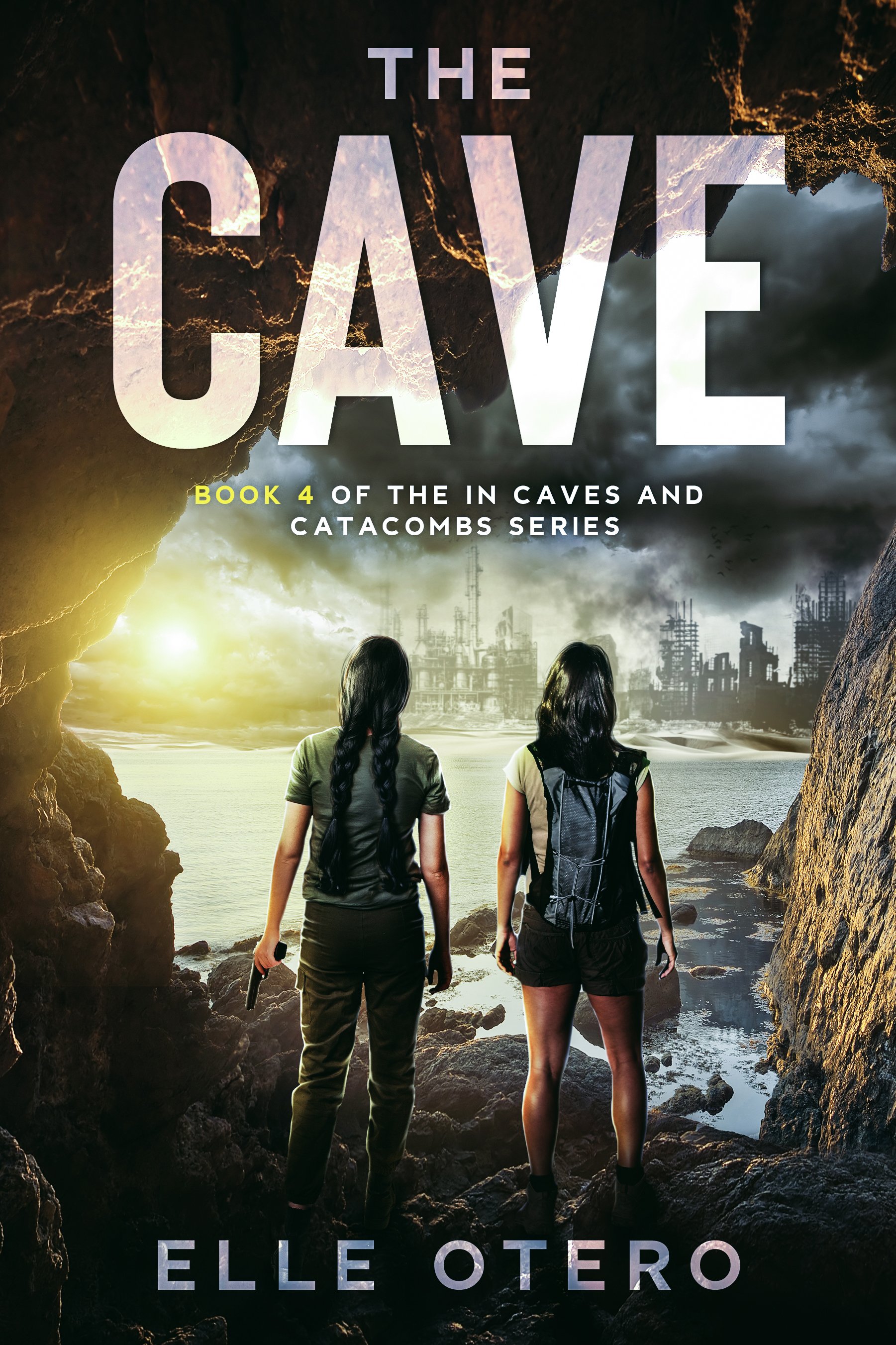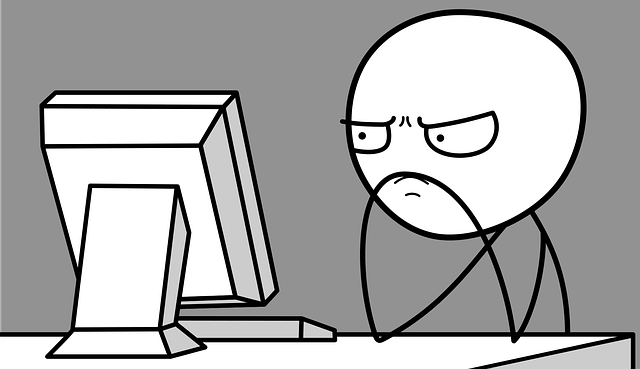I came to a conclusion about my identity the other day that was a bit surprising. I've always considered myself to be a gamer. A gamer "light", if you will. I started with my first Gameboy in the 90s, and continued with early Apple computer games (Lode Runner, especially), and then progressed to the life-changing Nintendo 64 (Zelda, what what!).
After that, I started playing games like Age of Empires, where I could design and explore my own kingdoms, or Petz, which allowed me to create my own cat and dog breeds and customize my own "house" (backgrounds where the animals romped around, in essence). But what really lit my 14-year-old fire was my introduction to online role-playing games with "Vampires! The Dark Alleyway".
"Vampires!" was very basic mechanically: I'd click these dark squares to "move" through the city, clicking white underlined text to drink the blood of humans or other vampires I encountered. But where the game came to life was across Yahoo group forums, where self-proclaimed "clans" of vampires would write pages and pages describing their movements around the city, envisioning their characters and locations, and detailing their interactions that other players could then play off of, adding to the script. There were wars, marriages, clan raids, vendettas... and I continued seeking out games like that, ending up in SecondLife, where you can be anything, meet anyone, travel anywhere.
I thought all of that made me a gamer. That, and Grand Theft Auto and Halo and Guitar Hero and Archeage and other WoW-style MMORPGs (and too many other games to list). But I've come to realize that the games that most captured my attention were the ones that allowed me creative freedom. The bigger the world, the more invested I became in my adopted identity. And it wasn't because I'm a gamer by nature. It's because I'm a writer. And that identity has always felt too big, too lofty to aspire to.
I'm beginning to come around and accept my identity as a writer. The more I put down the games, the more I focus on honing my craft, and fitting into that role. The same inspiration that made me click that white, underlined "drink" button, the same imagination that allowed me to visualize the human brought to their knees in front of me, that's what fuels my writing.
Identities change. And it's very rewarding to find yourself proud of your identity when you finally realize it fits.












